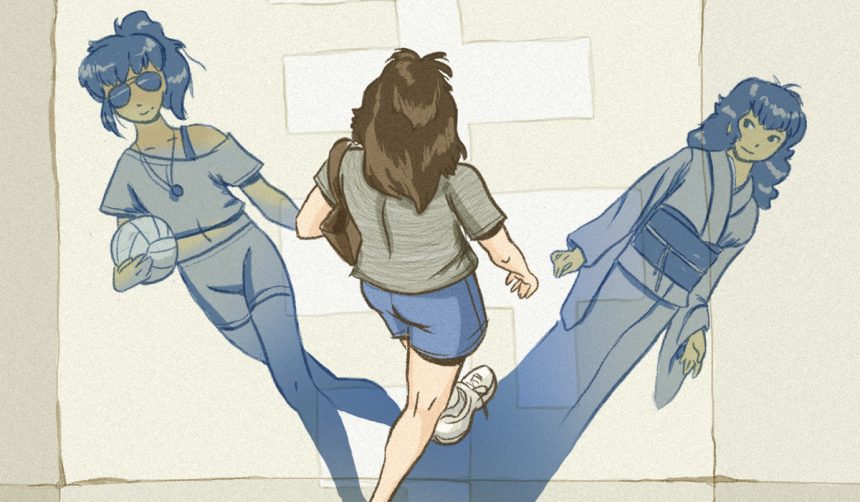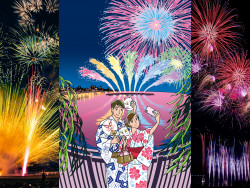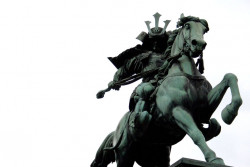
Being biracial in Australia didn’t really affect me much during my eight years there. They could definitely tell that I wasn’t “fully Australian,” but that didn’t seem to bother people around me.
No one really pointed out the fact that I was “Asian.” Those that did would ask if I was Chinese, or would tell me that I had interesting eyes. That annoyed me back in the day, but I am over it now.
Moving to Japan, I was surprised at how much of an outsider I was. Before moving here, I thought the people would be nice. And don’t get me wrong, Japan is full of the nicest people in the world! But for a 12-year-old outsider going in mid-semester in elementary school, it wasn’t exactly like that.
You’d think that children wouldn’t understand “discrimination” at such a young age, but they do—they really do. As soon as I got to my new school, I felt out of place. So many people were looking at me like I was different; a “freak.”
When I went up before everyone to introduce myself, I could hear people snickering. I really didn’t want to be there, but I had no choice.
I did meet this lovely girl, however. She could speak English, so I felt a little better and not totally alone. We immediately became friends and stuck close to each other for the duration of the semester. I came at the start of January, meaning there were only three months left until graduation. Thank God!
I went about my regular classes and Japanese lessons. I couldn’t speak any Japanese at that time, nor could I read or write. I think these are some of the reasons why I got bullied; they probably thought that because I couldn’t understand anything, they could say whatever they pleased.
Those three months were unpleasant, but they gave me an idea of what being biracial in Japan is all about.
Thankfully, things got a lot better after graduation. I entered middle school, and the girl I befriended also went there, so it was comforting having a friendly face. The students and teachers were kind and understood that my Japanese was very limited, so they were patient and helpful.
However, my grades were appalling. I was so shocked to see how bad my test scores were. I used to have excellent grades in Australia. But here, I just couldn’t understand anything. Since my experience with my elementary school, I just wanted to move back Down Under.
That influenced my learning process, unlike my brother, who loved being here and had picked it up rather quickly. But as I went to high school, my Japanese improved, as well as my appreciation for this country. I could understand my teachers better, and by my final year, I had the best grades I’d ever gotten.
It wasn’t just my understanding of the language that grew, but also the understanding of the culture and society of Japan. What I said earlier is true about how Japan is full of the nicest people in the world, but I was never fully accepted into their society. I always felt left out. I was always “that gaijin.”
In Japan I was “a gaijin,” and in Australia, I was “an Asian.” I never really had a place where I was truly accepted as one of their own.
While this made me feel a little lonely, I now look at being biracial as a gift. I’ve experienced a life most people would never have. I have the best of both worlds, with one foot in Australia, and the other in Japan.
Australia gave me the country life with beautiful nature. Japan gave me the city life and tough experiences that made me who I am today.
With two completely different world experiences, I came out the other end appreciating who I’ve become.
If you’re biracial and going through a rough time with either your social life or academic life, please just try to stick with it and try your best. Trust me; you will be an even better person with a broader knowledge and outlook on either sides. You’ll have one foot here, and one foot there.







